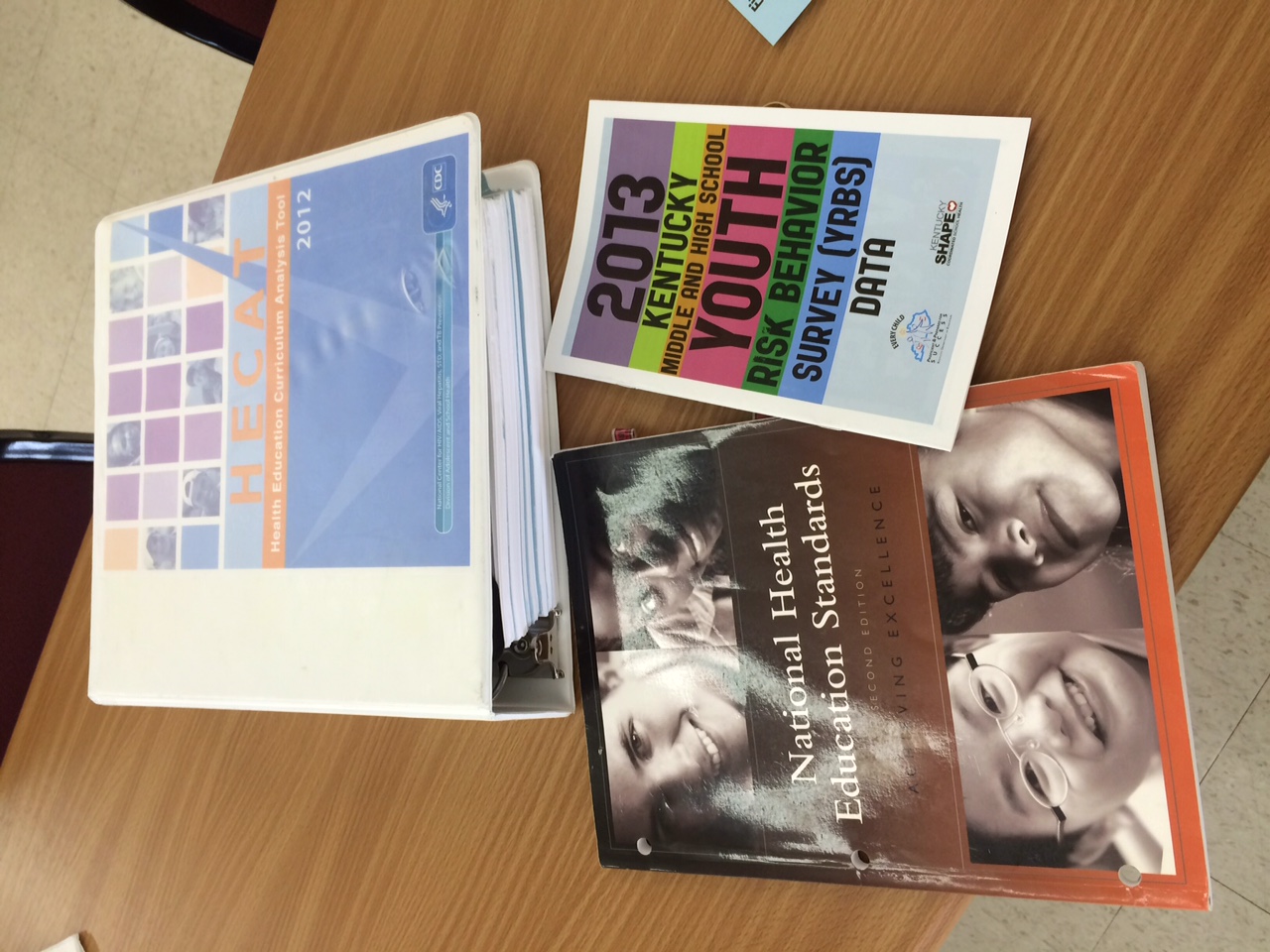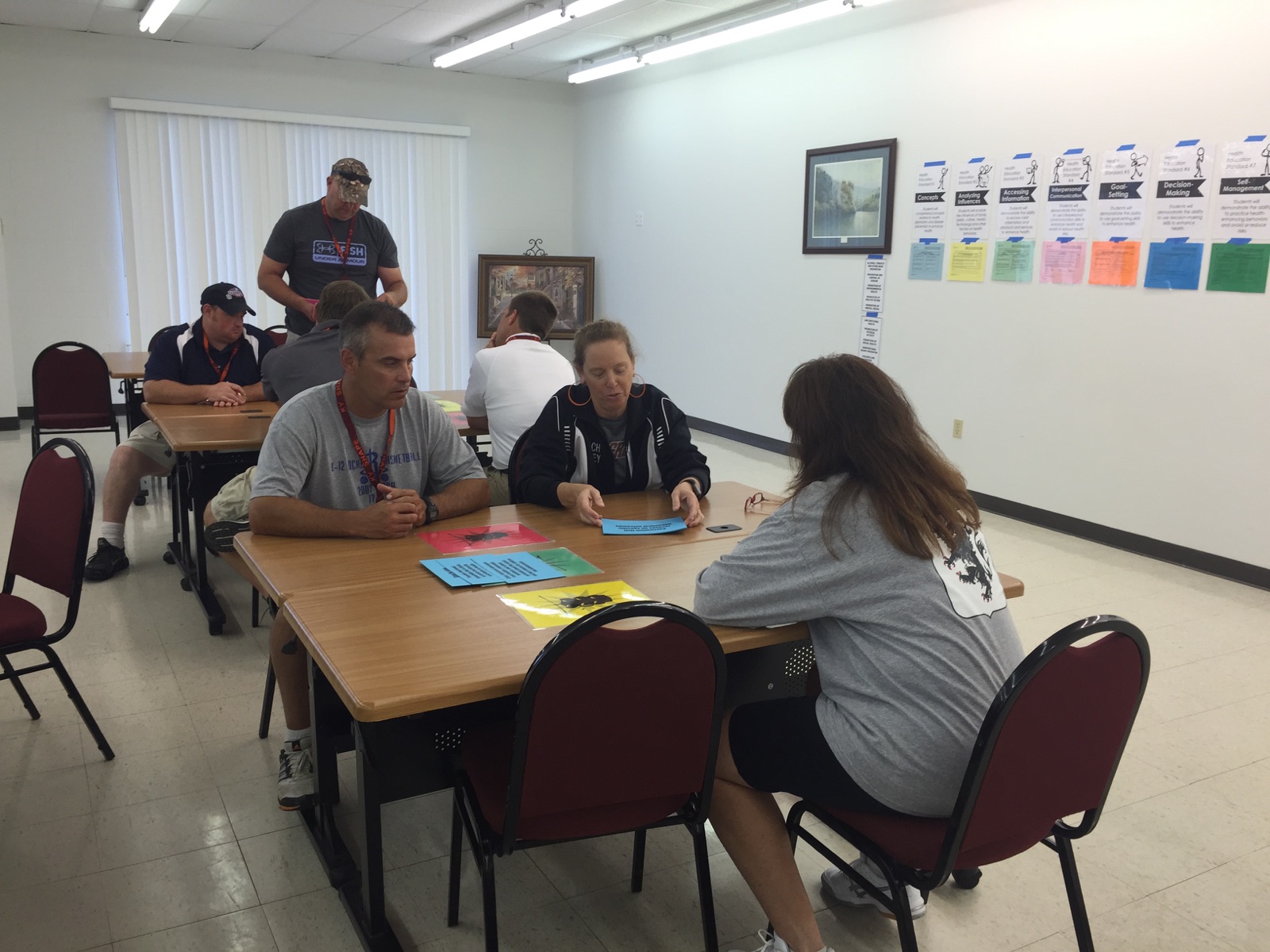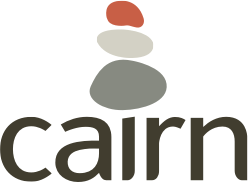
Foundations of Health Education- National Health Education Content Standards, CDCs Health Education Curriculum Analysis Tool and a quick-guide from Kentucky Department of Education on the Youth Risk Behavior Survey.
Those of you teaching in Kentucky have heard PGES, Program Review, Student Growth Goals multiple times in different settings. Even if you are obsessed with student achievement & assessment (like I am), the terms may make you groan, roll your eyes or have a stomach ache. It is not because you don’t believe in clear criteria for accountability for yourself or your students. I’m assuming the groaning and resistance is due to the fact you haven’t received enough information or effective specific (to health education) profressional development within these new systems.
Well, last week- ten passionate middle and high school health education teachers from around Kentucky participated in a 2-day Standards and Assessment in the Classroom workshop in Eddyville, KY. The evaluations are among the strongest I’ve ever received during a teacher training. I have facilitated this workshop to thousands of health educators and elementary teachers incorporating health into their classrooms over a dozen years, however, the timing of this for these ten teachers was perfect. Half of the participants responded on their evaluation that they wanted a third day or more time for the training. I was shocked! Amazed! Proud! These teachers wanted more time spent on a grading discussion…How do we go from scoring student work using rubrics on a number scale to giving grades on a report card? What is the research behind effective grading these days? We used to offer this workshop as a 3 day, however, I don’t think I would have had anyone sign up! So, we made it a two day, having to cut our ou learning styles and the in-depth grading discussion that’s always incredibly philosophical & rich.

KDE and I successfully took these ten teachers through a process to build their skills in the effective practices of health education, the National Health Education Standards (NHES), the rubrics in health education (that align to each of the 8 NHES), effectively teaching the skill standards depending on the grade level span you teach (for example, what are the steps to effectively teach accessing information K-2, 3-5, middle and high school?), scoring student work samples from a health education classroom, building an instructional unit, developing pre-assessments per skill within your course to develop student growth goals and finally, feeling comfortable & confident writing student growth goals from pre-assessments given at the beginning of your health education course. PHEW! A semester long course in two days. I worked the participants hard. They resisted at times, celebrated and shared exemplary assessments. They laughed, participated and many have followed up with emails of appreciation. Thank YOU teachers for your hard work… our Kentucky youth will be healthier people as a result of your hard work last week.

Leave a Reply